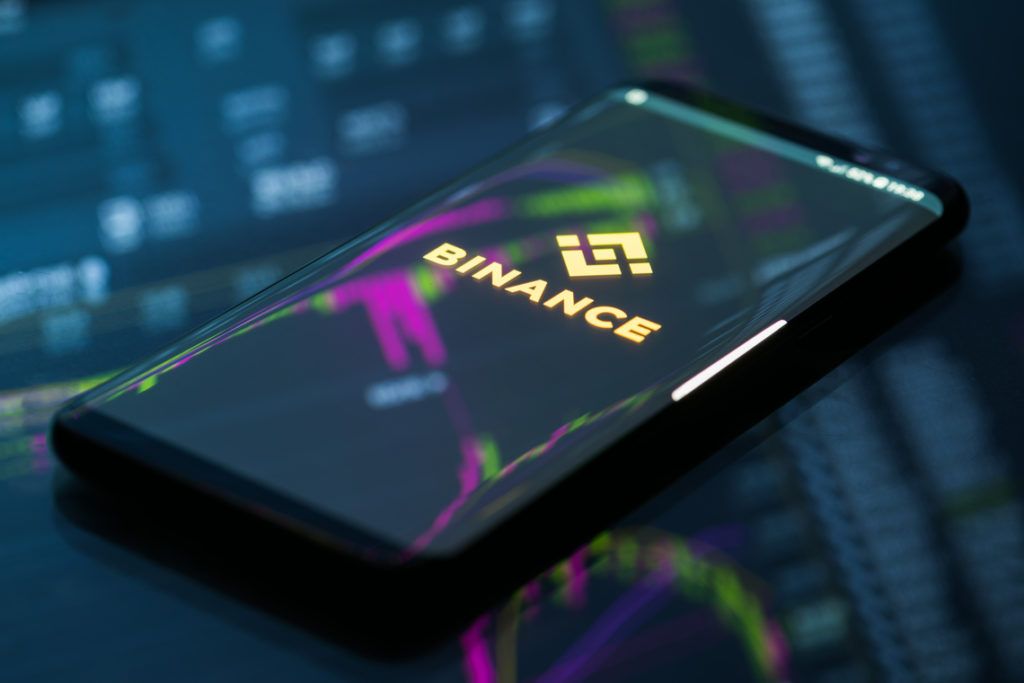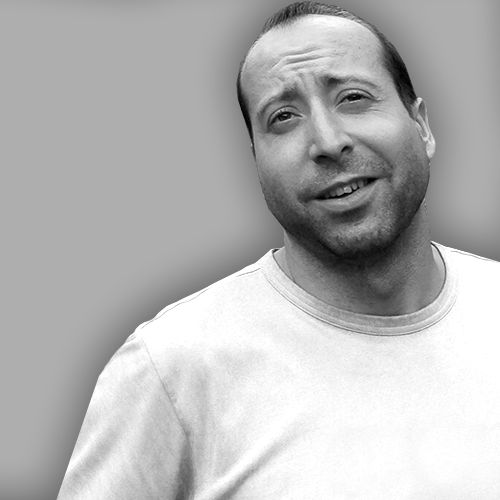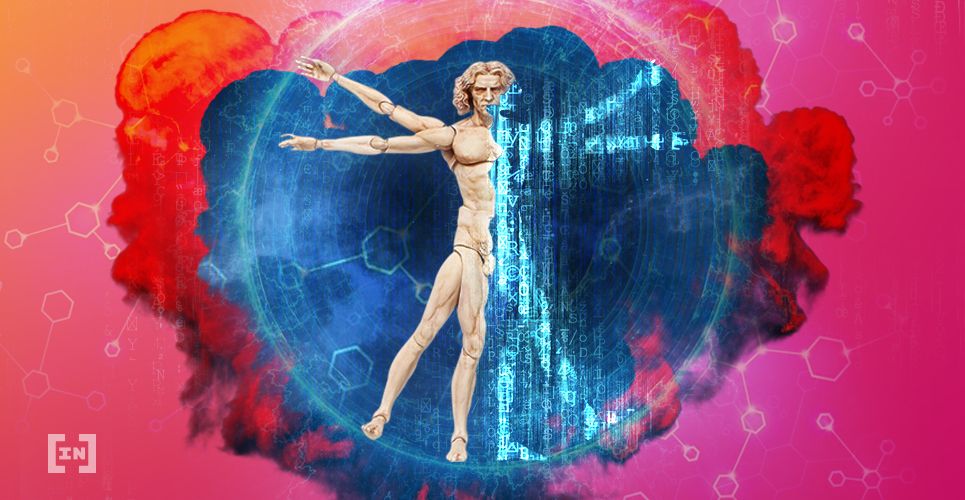Cryptocurrency exchange Binance plans to launch its own decentralized trading platform in 2019. However, not all crypto enthusiasts are actually sold on the decentralized nature of the future DEX.
In early August 2018, Binance CEO Changpeng Zhao announced to the world his company was working on a decentralized exchange (DEX) meant to replace the current centralized platform. He even showed a sneak preview of the alpha stage with a neat demo of how to issue, list, and trade a token.
Earlier this week, the dev team uploaded a new video showcasing the user-friendly interface, much like the one existing today. Obviously, there are some major differences like creating a wallet, backing up the passphrase, and no more deposits and withdrawals as you control your own fund — only transfers, orders, and trades.
Zhao mentioned ‘three’ things about the new Binance DEX in a tweet including one-second block time and one confirmation ‘finality,’ the private keys are in the account owner’s hands, plus a straight-forward user experience.
Nevertheless, not many technical details transpired. Such details are essential for the capable users in the community to validate if the platform is indeed decentralized.
What Do We Know So Far?
What we do know is this: there will be a network with validators/nodes. Furthermore, the consensus algorithm used will be the Delegated Byzantine Fault Tolerance (dBFT) created by NEO co-founder Erik Zhang. This algorithm is fairly different from the classic Proof-of-Work (PoW) used on the Bitcoin P2P network. To put it simply, any changes made on the future Binance network need a super-majority (66 percent) to pass as opposed to PoW where a 51 percent majority is needed. Moreover, not all nodes participate directly in the consensus process. Instead, the participants elect a number of super-nodes to do their dirty work — mostly choosing which chain is the correct one. Many have criticized the dBFT algorithm since its inception because consensus is in the hands of the few. Since the Taiwan-based cryptocurrency exchange holds most of the Binance Coins (BNB) — over 51 percent — and the ERC20 tokens will swap to the DEX mainnet when launched, it will more or less have a centralized control of the network. As a result, Binance could control the delegation process. Therefore, if the exchange controls the blockchain, what reason will the users have to use it as a DEX? Wouldn’t the DEX be in fact just another centralized database with a cryptographic twist?
What We Don’t Know
Apart from the dBFT consensus protocol, block time, and private-key cryptography integration, nothing is known for sure. Indeed, Satoshi Nakamoto created Bitcoin to give the power back to the people, to let them control their own wealth, without the need of a centralized institution. To achieve that though, one must also be anonymous or at least pseudo-anonymous. Many asked the Binance CEO on Twitter if the DEX will involve Know-Your-Customer (KYC) and Anti-Money Laundering (AML) rules, but thus far, Zhao avoided a clear answer. Also, decentralization is directly correlated to resistance to censorship, so what about banned countries? Will users from banned countries be able to trade on the new DEX? Obviously, if Binance DEX will implement KYC and AML, it will most likely mean certain users won’t be able to trade on the platform which basically invalidates the whole purpose of the blockchain. Such questions can go on and on: what about delisting certain coins? If there is a centralized party, they can delist coins at will, so what is the point of being decentralized? Furthermore, if there is such party, then that particular party can shut down the platform at will. Alternatively, maybe the party can ask listing fees, transfer/trading fees, which again would invalidate the use of the word ‘decentralized.’ It will be just the same old exchange rebranded to fit the needs of today’s crypto game. Do we really want that? [bctt tweet=”Will Binance’s DEX just be the same old exchange rebranded, and do we really want that?” username=”beincrypto”] What do you think? How will the upcoming Binance DEX look like? Will it be truly decentralized? Please let us know in the comment section below.
Top crypto platforms in the US
Disclaimer
In adherence to the Trust Project guidelines, BeInCrypto is committed to unbiased, transparent reporting. This news article aims to provide accurate, timely information. However, readers are advised to verify facts independently and consult with a professional before making any decisions based on this content. Please note that our Terms and Conditions, Privacy Policy, and Disclaimers have been updated.

Florian Gheorghe
I started out in print journalism in 2008 and switched to freelancing two years later. Afterward, I covered the poker and gambling scene for several years before getting into sports and motivational stories.
Crypto-wise, I first learned about Bitcoin just months after the Mt. Gox event. I’ve been riding the bulls and the bears ever since.
I started out in print journalism in 2008 and switched to freelancing two years later. Afterward, I covered the poker and gambling scene for several years before getting into sports and motivational stories.
Crypto-wise, I first learned about Bitcoin just months after the Mt. Gox event. I’ve been riding the bulls and the bears ever since.
READ FULL BIO
Sponsored
Sponsored
